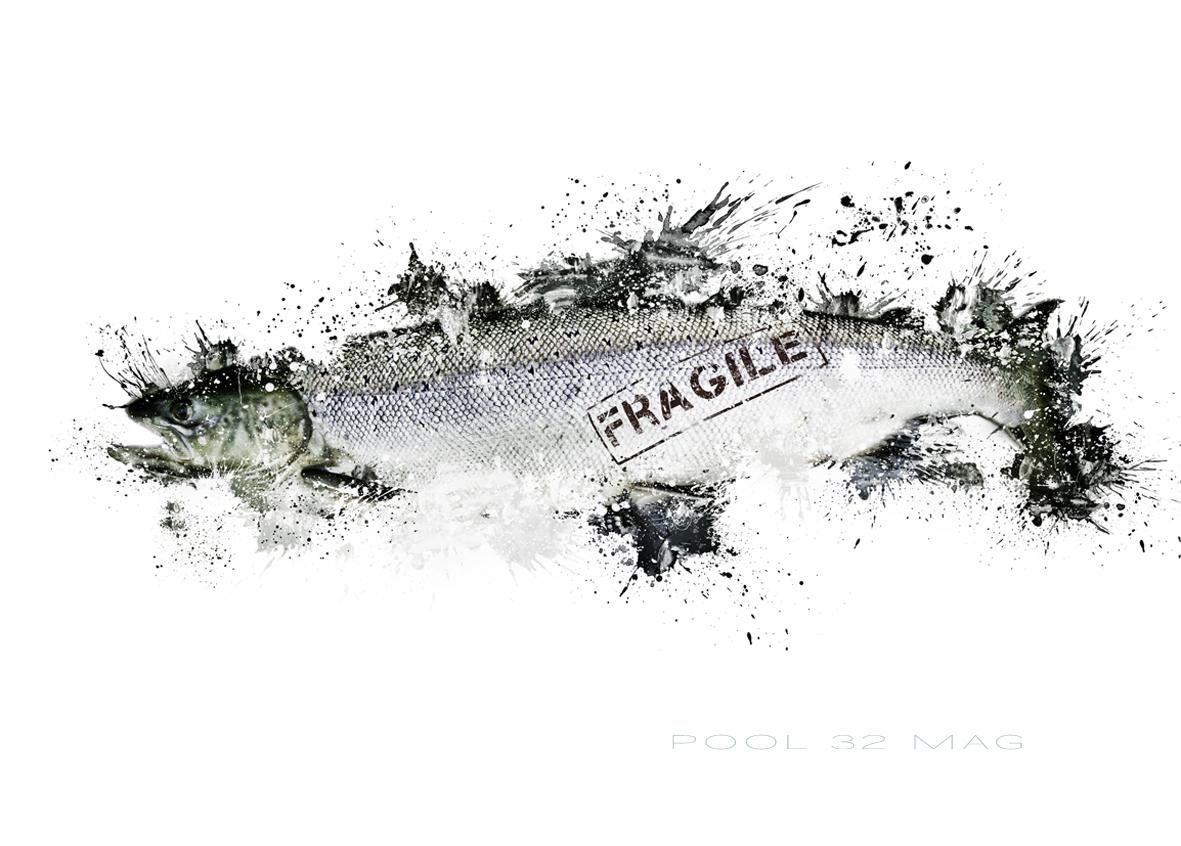Hello
This film is the behind the scenes on the greatest environmental scandal in British Columbia. Please watch and then make sure all your MLA hopefuls watch this as they will be holding this ball as the issue breaks the surface, finally after twenty years.
SALMON CONFIDENTIAL
The wild salmon of British Columbia need our participation in stopping the viral pollution. The Province of BC is charge of the land tenures for every salmon feedlot and thus they decide which wild salmon are exposed to this.
Please do what you can to spread this film.
Alexandra Morton
_________________________________
March 5, 2013
Dear Marine Harvest
I have been informed that a large percentage of juvenile Atlantic salmon in your Dalrymple Hatchery, Sayward BC, are infected with the piscine reovirus. I understand that you intend to move these fish into ocean pens in the very near future where the virus will be loosed into the Pacific.
This Norwegian virus is associated with a disease called Heart and Skeletal Muscle Inflammation known to severely weaken salmon to the point they may be unable to swim up a river. The BC provincial farm salmon vet, Dr. Gary Marty, reported the symptoms of this disease to Mainstream (August 8, 2008 Cohen Commission Exhibit # 1549-018). Heart lesions consistent with this disease were reported in your fish on April 29, 2009 by the same vet:
“Congestion and hemorrhage in the stratum compactum of the heart (i.e., the peripheral layer of dense cardiac muscle) is a distinctive lesion that I started seeing in 2008 in clinical submission from both Atlantic and Pacific salmon...” (April 29, 2009, Cohen Commission Exhibit 1549-318)
Dr. Ian Lipkin, director of Columbia University’s Center for Infection and Immunity, a World Health Organization-sponsored disease detective lab states:
Indeed, juvenile wild salmon near Kingcome inlet near your feedlots were negative for this virus in 2008 and then positive in 2012.
The Cohen Commission into the Decline of the Sockeye Salmon of the Fraser River reported up to 90% of the sockeye that enter the Fraser River never make it to their spawning grounds. Is this virus responsible? A very recent paper warns that this disease spreads over long distances http://www.ncbi.nlm.nih.gov/pubmed/22959429
Given this evidence, in accordance with the Precautionary Principle, your fish in the Dalrymple Hatchery represent a significant threat to the wild salmon of British Columbia if they are placed in ocean net pens.
Justice Cohen recommends net-pen salmon farms cease to operate by 2020 unless they can be shown to pose less then minimal risk to migrating salmon (Recommendation 18, Vol.3, Pg. 20). Putting exotic fish, infected with an exotic virus, known to spread like wildfire and weaken wild salmon is, in my opinion, in excess of minimal risk to one of the last great wild fisheries left on earth.
Either do not do this, or stand by your actions and inform British Columbians which feedlot you will be filling with these fish so that the impact can be measured.
Alexandra Morton







